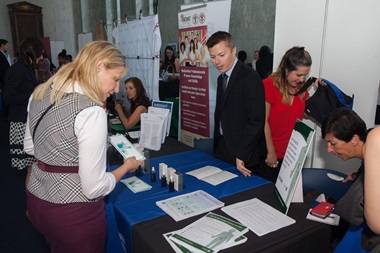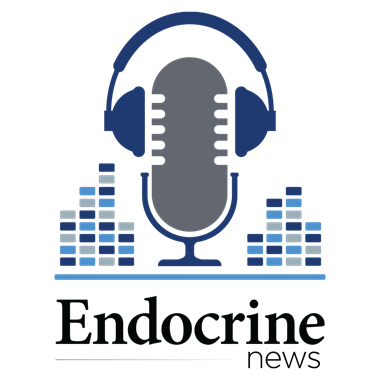Inactivated and mRNA COVID-19 vaccines appear to be safe for patients treated for hypothyroidism, according to a new study being presented at ENDO 2022, the Endocrine Society’s annual meeting in Atlanta, Ga. The study found these vaccines do not cause significant fluctuations in thyroid function and are not associated with increased risks of emergency department visits or unscheduled hospitalizations.
“No previous studies have looked at any possible relationship between COVID-19 vaccines and unstable thyroid function control among patients receiving thyroid hormone replacement for hypothyroidism,” said lead researcher David T.W. Lui, M.B.B.S., of the University of Hong Kong in Hong Kong, China. “Our reassuring findings should encourage patients treated for hypothyroidism to get vaccinated against COVID-19 for protection from potentially worse COVID-19-related outcomes.”
The study evaluated an inactivated vaccine called CoronaVac and an mRNA vaccine, Pfizer BioNTech (BNT162b2) vaccine. CoronaVac uses a dead version of the SARS-CoV-2 virus. It is being used in vaccination campaigns in various countries in Asia, South America, Central America and Eastern Europe. Messenger RNA (mRNA) vaccines teach the body’s cells how to make a protein that will trigger an immune response. The Pfizer and Moderna vaccines are mRNA vaccines.
The researchers evaluated data from more than 47,000 COVID-19 vaccine recipients taking levothyroxine for hypothyroidism. Patients were divided into three groups: unvaccinated, those who received the CoronaVac vaccine and those who received the mRNA vaccine. Patients who received either type of COVID-19 vaccine were not at increased risk of needing to have their levothyroxine dosage reduced or increased. COVID-19 vaccination was not associated with a higher risk of emergency department visits or unscheduled hospitalization.
About Endocrine Society
Endocrinologists are at the core of solving the most pressing health problems of our time, from diabetes and obesity to infertility, bone health, and hormone-related cancers. The Endocrine Society is the world’s oldest and largest organization of scientists devoted to hormone research and physicians who care for people with hormone-related conditions.
The Society has more than 18,000 members, including scientists, physicians, educators, nurses, and students in 122 countries. To learn more about the Society and the field of endocrinology, visit our site at www.endocrine.org. Follow us on X (formerly Twitter) at @TheEndoSociety and @EndoMedia.


